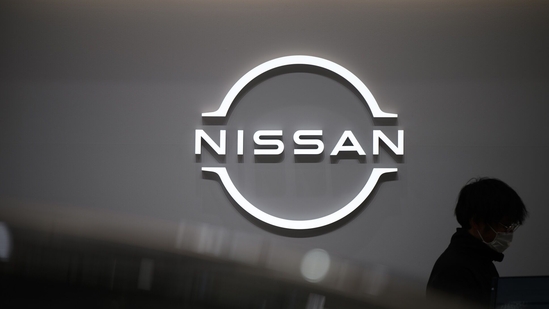In a major development in the auto industry, French automaker Renault has proposed to take over Nissan’s 51% holding in their Indian joint venture. The development is expected to transform the dynamics of the auto industry in the country, as Renault looks to enhance its presence in one of the world’s fastest-growing automobile markets.
Renault Spreads Its Footprint in India
Renault’s move to take over the joint venture is viewed as a strategic step to build its base in India, where the auto market is growing increasingly competitive. The French carmaker, which has been present in the country for a few years, is now looking for increased control over its business and decisions. This takeover of Nissan’s holding is in line with Renault’s vision to expand its production capacity and introduce more localized vehicle models in order to address the changing needs of Indian consumers.
With Nissan disengaging from the joint venture, Renault will therefore have more influence over the venture’s strategic direction, including making decisions on production, sales, and distribution. The change in ownership is a new dawn for the company as it aims to streamline its operations and assume more direct ownership of products in India.
Consequences for Nissan and Renault’s Alliance
Nissan and Renault have had a long history of partnership as global allies, and the Indian joint venture has been a vital component of their partnership. Nonetheless, Nissan’s move to cede its majority stake is indicative of a change in the company’s strategy, especially as it aims to restructure its operations worldwide and lessen its presence in some markets.
Though the move will mean a diminished role for Nissan in India, it is likely to give Renault a more solid platform to battle other international automakers, especially in the expanding electric vehicle (EV) segment. Renault, which has already gained traction in Europe with electric vehicles, could use the change in ownership to boost its EV presence in India.
Even with Nissan’s withdrawal from the joint venture, the two firms are likely to maintain their alliance in other sectors, keeping their business partnership in world markets intact. Renault’s increased involvement in India may translate into a more targeted and tailored strategy for addressing local consumers’ needs, increasing the firm’s competitiveness in the market.
This Implies for the Indian Automotive Sector
This takeover is a turning point for the Indian automobile sector, as foreign players continue to evaluate their long-term plans in one of the world’s largest automobile markets. For Renault, gaining majority control over the joint venture may provide benefits in the form of faster decision-making, lower costs, and the capability to develop products with specific Indian customer requirements.
The acquisition can also affect India’s supply chain and distribution networks, as Renault aims to widen its portfolio of vehicles to address expanding consumer needs. Moreover, with rising demand for electric vehicles, Renault can leverage this takeover as a platform to advance its EV agenda in India, which is slowly embracing the idea of clean energy cars.
Looking Ahead: Renault’s Future in India
Renault’s strategic push to buy Nissan’s share of the joint venture marks its long-term commitment to India’s fast-changing automotive industry. By assuming more control over its operations, Renault can better position itself to take advantage of the country’s growth prospects. With an emphasis on innovation, local production, and potentially a greater EV footprint, Renault seems set to compete more aggressively with its competitors in the years to come.
As the Indian auto market keeps maturing and developing, Renault’s bold move can pave the way for more aggressive offerings, especially in electric mobility and fuel-efficient, affordable cars. The future of the Indian auto market appears bright, and Renault’s increased presence can shape its growth pattern.







